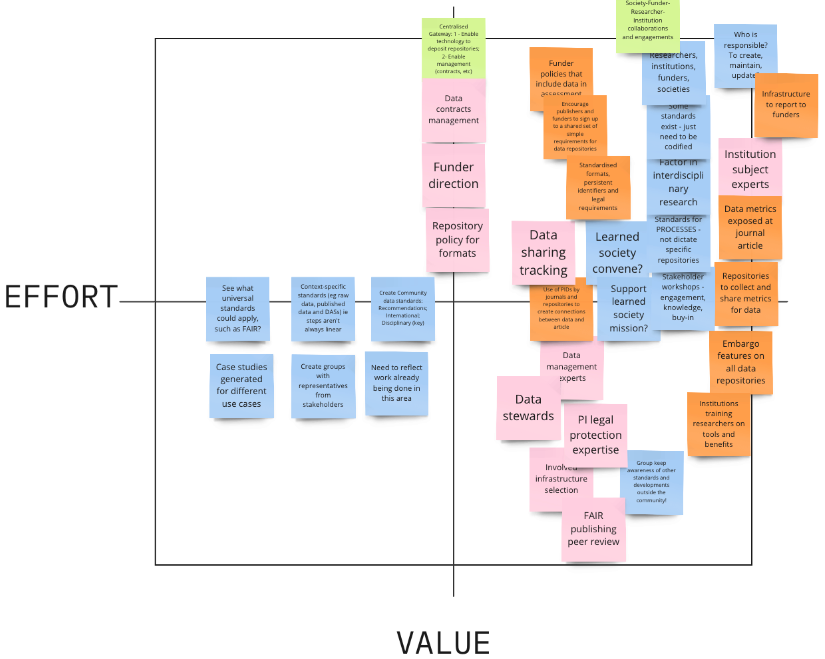Academia is undergoing a rapid transformation characterized by exponential growth of scholarly outputs. This phenomenon, often termed the "firehose problem," presents significant challenges for researchers, publishers, funders, policymakers, and institutions alike.

Open data has been a topic widely discussed among researchers and research-supporting organizations over the last decade. Much progress has been made in data sharing, and we now have more datasets openly available than ever before.

Our community and tools rely on high-quality DOI metadata for building connections and obtaining efficiencies. However, the current model - where improvements to this metadata are limited to its creators or done within service-level silos - perpetuates a system of large-scale gaps, inefficiency, and disconnection. It doesn’t have to be this way.

I recently attended the FORCE2024 conference at UCLA. I'm a member of the board of directors of FORCE11, the parent organization for the conference, and the co-located FORCE11 Scholarly Communications Institute (FSCI), which I was not able to attend this year but have taught at in the past.

Updated version, July 2024: Added a new role: technology research software.

Lars Bjørnshauge is the visionary founder of the Directory of Open Access Journals (DOAJ). His transformation of a simple idea into a globally trusted directory revolutionized the accessibility and credibility of open access publishing. Under his leadership, DOAJ became a critical resource, supporting the dissemination of scholarly work worldwide and setting high standards for transparency in publishing.

Considerations in the context of open scholarship and open infrastructure Persistent identifiers (PIDs) in scholarly communications and research infrastructure have garnered growing attention over the last several years, especially from governments who are recognizing the vital role PIDs play in creating a more efficient and trustworthy research ecosystem.
In a recent Upstream blog post we explored where data connected to papers funded by several U.S. Federal Agencies are published. Different data sharing practices across these agencies led to very different distributions of datasets across various repositories. We used CHORUS reports that combine linked article and dataset metadata as input for that work.

As we witness the ever-evolving landscape of technology, we realize that artificial intelligence (AI) is not just a buzzword anymore; it's a reality that is already leading to transformation in how scholarly research is published and disseminated.

The New York Times ushered in the New Year with a lawsuit against OpenAI and Microsoft. The paper covered the suit, fittingly, as a major business story.

Introduction A recent blog post described a new partnership between Metadata Game Changers and CHORUS aimed at understanding how CHORUS data can help federal agencies, other funders, and other users access and use information from the global research infrastructure to measure this infrastructure and understand connections between research objects.